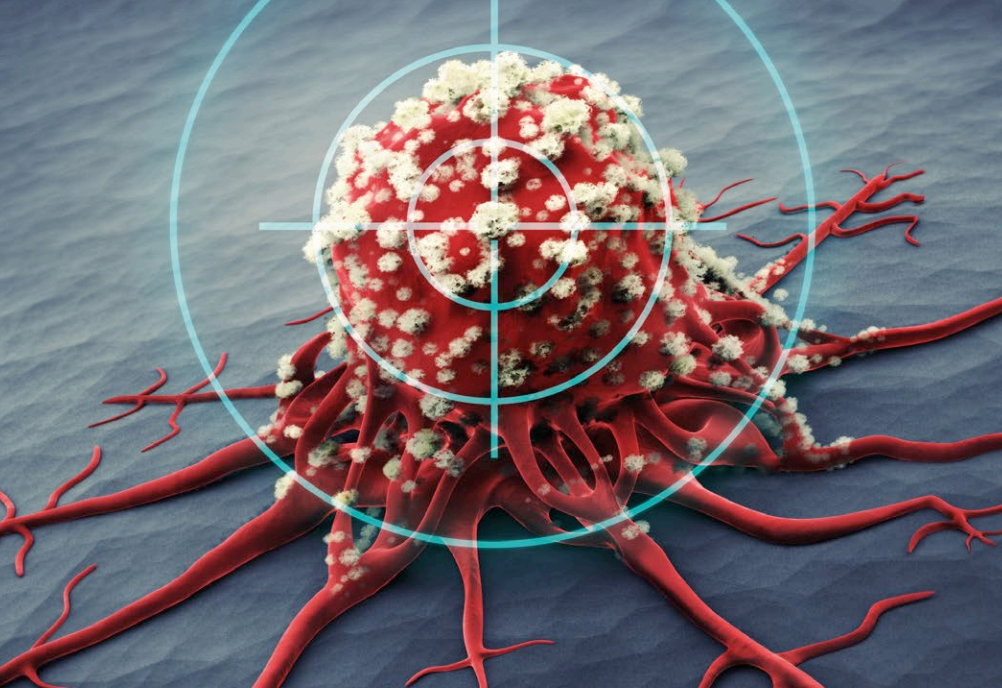Share this Page:
The incidence of kidney cancer in the UK has risen by 47% over the past decade, with 12 000 new cases in 2015. Diagnosing patients with kidney cancer can be challenging. The majority of kidney cancers are renal cell carcinomas (RCCs), which make up about 85% of kidney cancers. Signs and symptoms of RCC are very subtle in the early stages, and classic symptoms such as blood in the urine (haematuria), pain and abdominal mass are rare. Symptoms can be vague, non-specific and delayed in onset. Some people don’t have any symptoms at all. Early diagnosis of RCC is key to patient survival, but around 40% of patients are diagnosed with advanced disease.
A recent study published in the British Medical Journal looked at the frequency and nature of symptoms in patients presenting with suspected RCC and whether these symptoms enabled an early diagnosis of RCC. Eleven UK centres took part in the study and recruited 706 patients presenting with suspected newly diagnosed RCC. Symptoms reported by patients were recorded and reviewed, as well as outcome data, such as metastasis-free survival and cancer-specific survival.
608 patients were confirmed with RCC. The majority (60%) of patients were diagnosed incidentally. Most patients (87%) with stage Ia disease and 36% of patients with stage III or IV disease were diagnosed incidentally. Visible blood in the urine was reported in 23% of patients and was associated with advanced disease (49% of these patients had stage III or IV disease). The presence of symptoms was associated with poorer outcomes, likely reflecting later stage disease. Those patients who were found to have a benign renal mass (54 patients) had similar symptoms to those with confirmed RCC.
In conclusion, raising public awareness of the symptoms associated with RCC to improve early diagnosis is limited by the relatively uncommon nature of RCC-related symptoms and the fact that symptoms are often associated with advanced disease. Investigation in the feasibility of a screening programme for RCC and the identification of biomarkers for the diagnosis of RCC is needed.
Read more in the British Medical Journal here: Early detection of RCC BMJ 2020













